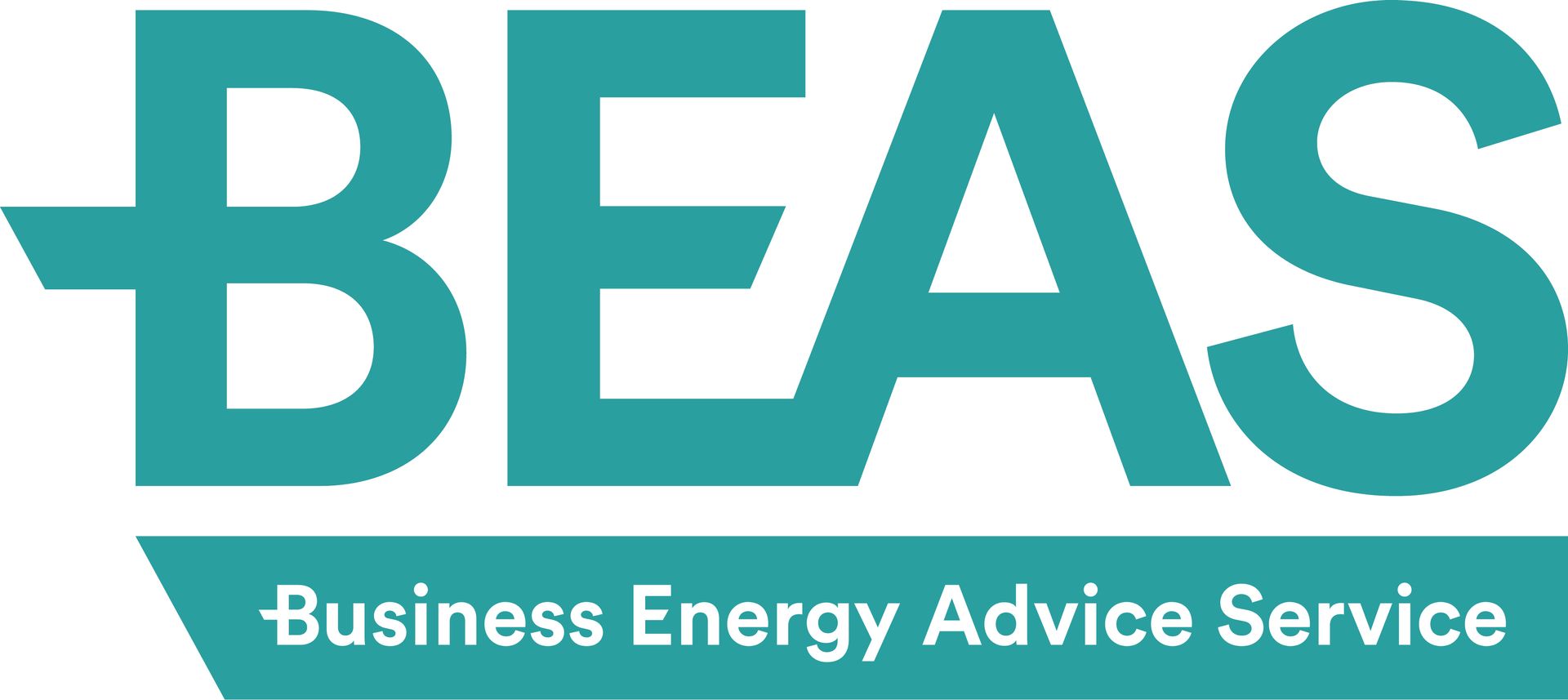The UK government is currently replacing physical immigration documents with a digital proof of immigration status called an eVisa.
Below gives an update on what this change will mean for you as an employer, and for any staff that you employ who hold an immigration status and demonstrate their immigration status by using a physical document such as a biometric residence permit (BRP). The latest information on eVisas can be found at https://www.gov.uk/guidance/online-immigration-status-evisa
What is changing?
By 2025, almost all physical immigration products and services will be replaced with a digital record of a person’s immigration status called an eVisa. eVisa holders can access their eVisa through a UK Visas & Immigration (UKVI) account. This will bring substantial benefits and convenience to both individual migrants, and those required to check status including employers. The documents being replaced include:
Biometric residence permits (BRPs) - Legacy paper documents including passports that contain an ink stamp or vignette sticker (where the holder has indefinite leave to enter or indefinite leave to remain)
Biometric residence cards (BRCs) - Millions of people in the UK already use their UKVI account and as an employer, you may already have experience of checking someone’s right to work using a share code that they have generated.
This change impacts migrants already living and working in the UK, and from autumn 2024, almost all UK new visa applicants will be issued an eVisa. Those with visas who are already in the UK should visit https://www.gov.uk/guidance/online-immigration-status-evisa to find out what they need to do to create a UKVI account to access their eVisa. British and Irish citizens can continue to evidence their rights as they currently do, for example by showing their British or Irish passport.
You can find an eVisa Partner Pack of helpful materials about the transition to eVisas to view and download, including a model email to send to your staff about the changes, a factsheet for those required to check immigration status, and guides for people impacted by the move to eVisa at: https://homeoffice.brandworkz.com/bms/?link=9DCD0592
What do eVisas mean for employers?
For new and prospective employees, you should continue to ask those who need to prove their status to use the online right to work service to generate a share code at www.gov.uk/prove-right-to-work. You can then check someone’s right to work using the share code they provide at https://www.gov.uk/view-right-to-work. Some physical documents will remain a valid means of proving the right to work, and further details can be found at https://www.gov.uk/check-job-applicant-right-to-work
For your existing employees, employers will maintain a statutory excuse against a civil penalty if initial checks were undertaken in-line with the guidance that applied at the time the check was made. Only where an employee’s existing permission to stay is due to expire, as confirmed via the initial check, will you need to carry out a follow-up check to maintain a statutory excuse.
Almost all BRPs and BRCs are due to expire on 31 December 2024. This expiry date refers to the document only, and not to the holder’s underlying immigration status. There is no need to recheck the status of an existing employee solely because their BRP or BRC expires on the 31 December 2024.
What can I tell my employees about eVisas?
Employees who use a physical immigration document such as a BRP to prove their immigration status who do not already have a UKVI account will need to take action to create a UKVI account to access their eVisa.
They should do this at https://www.gov.uk/guidance/online-immigration-status-evisa, where they can also find further background information.
You may therefore find it helpful to advise employees that the border and immigration system is becoming ‘digital by default’, and direct those who use physical immigration documents to https://www.gov.uk/guidance/online-immigration-status-evisa for the latest information on what this means for them.
To support this process, the Home Office has developed a model employer email for employers to use and adapt (if needed) ready for employers to send to impacted staff, in the eVisa Partner Pack. There is also a model intranet article about eVisas for your use. Please feel free to use and adapt these resources in communicating with your employees.
Gov UK are also running a number of free virtual information sessions where they will outline the changes and answer questions. You can sign up to these below:
Please register to attend using the links below. You only need to attend one.
eVisa Information event – Employers – 13 August
https://events.teams.microsoft.com/event/2748e7ea-951e-43f3-a8ad-ff144233664c@f24d93ec-b291-4192-a08a-f182245945c2
eVisa Information event – Employers – 16 August
https://events.teams.microsoft.com/event/0f55d3d7-c9ab-41b1-aade-c9c00608dc0a@f24d93ec-b291-4192-a08a-f182245945c2
eVisa Information event – Employers – 22 August
https://events.teams.microsoft.com/event/bf4f420e-f282-4097-9b0b-711220208721@f24d93ec-b291-4192-a08a-f182245945c2
eVisa Information event – Employers – 27 August
https://events.teams.microsoft.com/event/d1d4758f-3999-456f-bb13-80ffb9b69d59@f24d93ec-b291-4192-a08a-f182245945c2





















